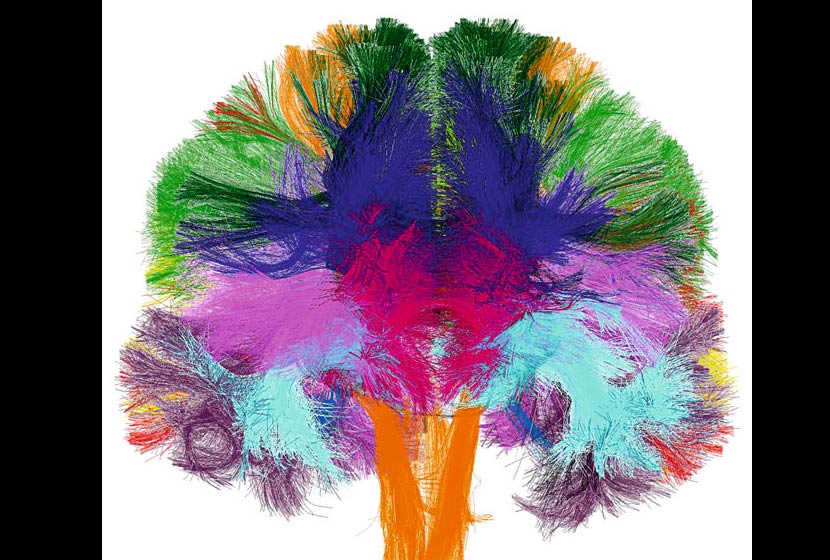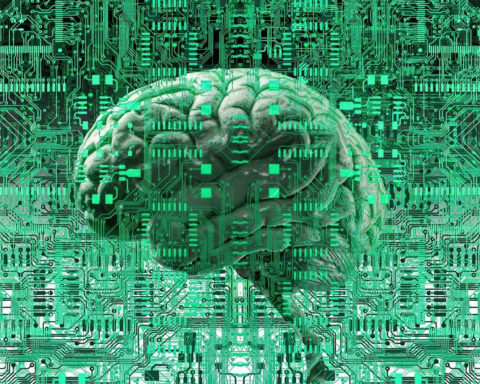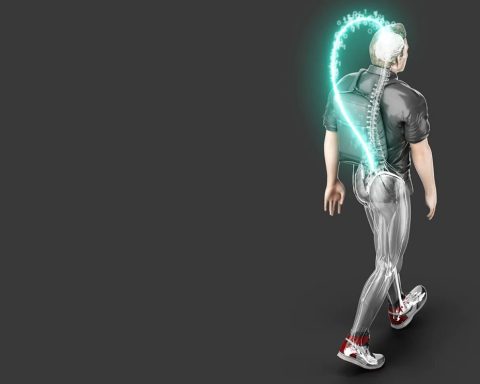Do managers manipulate the brains of their interlocutors? Since the word manipulation can be associated with malicious intent, I need to remind you what it means. In the first place: to manipulate means to take in hand to do something (the osteopath manipulates you), immediately after comes the idea of magic (prestidigitation) inducing a mysterious power, with the will to trick, to deceive (machination). In common usage, it seems that it is the will to deceive that comes immediately to mind. This fact makes the use of the word somewhat delicate and the question posed provocative.
Ahe neurosciences show that, through neural flexibility, we are all "manipulators" of brains, unconscious or conscious, without having the will to do harm. As soon as we do something to influence others, to transform their representations, we send messages and develop relational strategies to get what we want.
By doing this, we have an action on each other's brains. Either by providing information that makes the other person think, or through emotional solicitations, or through the mimicry of mirror neurons... Our attempts to influence have an impact on the brain of our interlocutors. This happens in reciprocity. It is neither negative nor positive in itself. What matters is the nature of the intention, respect for the other, respect for his freedom, acceptance of reciprocity...
 Here are some examples of applications of this interpretation of the word "manipulation": The voter and the elect, through a game of reciprocal manipulation, "Promise me the impossible so I can vote for you.", "Vote for me and I'll achieve the impossible."...betray each other. The first one, living a deep disappointment, looks elsewhere for another huckster. The second, wishing to be re-elected, tries to justify his betrayal by unforeseen difficulties. The trainer: manipulates the trainees in order to help them appropriate new practices (he aims at transforming their brains), this is called pedagogical engineering. The legislator: manipulates company managers when he makes them responsible for psychosocial risks. It aims at changing values and practices in order to curb health risks (stress, depression, anxiety) and social risks (harassment, suicide, burnout). The artist: manipulates your brain, when he proposes a show to tell a story that moves you and makes you think.... Charlotte Gainsbourg says she likes it when Lars Van Trier manipulates her to give what she doesn't know about herself. The press and television: champions of manipulating information in order to make the audience...etc.
Here are some examples of applications of this interpretation of the word "manipulation": The voter and the elect, through a game of reciprocal manipulation, "Promise me the impossible so I can vote for you.", "Vote for me and I'll achieve the impossible."...betray each other. The first one, living a deep disappointment, looks elsewhere for another huckster. The second, wishing to be re-elected, tries to justify his betrayal by unforeseen difficulties. The trainer: manipulates the trainees in order to help them appropriate new practices (he aims at transforming their brains), this is called pedagogical engineering. The legislator: manipulates company managers when he makes them responsible for psychosocial risks. It aims at changing values and practices in order to curb health risks (stress, depression, anxiety) and social risks (harassment, suicide, burnout). The artist: manipulates your brain, when he proposes a show to tell a story that moves you and makes you think.... Charlotte Gainsbourg says she likes it when Lars Van Trier manipulates her to give what she doesn't know about herself. The press and television: champions of manipulating information in order to make the audience...etc.
 What about the manager? He tries to put his employees under constraints, by giving them objectives, by putting pressure on them, by trying to motivate them... the employee tries to influence the opinions of his manager (therefore his brain) by claiming means, by complaining about working conditions... whether these demands are legitimate or not, there is a game of reciprocal manipulations.
What about the manager? He tries to put his employees under constraints, by giving them objectives, by putting pressure on them, by trying to motivate them... the employee tries to influence the opinions of his manager (therefore his brain) by claiming means, by complaining about working conditions... whether these demands are legitimate or not, there is a game of reciprocal manipulations.
Some executives (1)In an attempt to move away from this logic, they are striving to create new management models based on freedom and initiative. Within these companies, intrinsic motivation is favoured. Individuals are invited to invent their position and define their own objectives. It is up to them to stimulate themselves, helped in this by customer requests and belonging to a collective project.
For other individuals, engaged in any activity, the goal will be indoctrination, putting others in dependency. Being influenced is at the foundation of brain life, interpersonal relationships solicit mirror neurons and their memorization transforms neuronal anatomy. Voluntary or involuntary, minimal or significant, the exchange leaves ephemeral or lasting traces depending on the context, the emotional impact and the relational quality of the interactions. However, whether we are afraid or not of being manipulated, whether we project malicious intentions on others or not, does not change anything. We are manipulable. So let us arm ourselves with a critical mind, let us learn about brain mechanisms in order to make good use of them and understand how they work.
Here are a few examples
The importance of recognition signs we know that it is vital for human beings to be recognized. In our brains, the reward system allows us to understand the impact of this need. There is a gland in the brain, the accumbens, close to the limbic amygdala, which is active when it perceives something that values the owner of the brain. There is a release of dopamine, bringing a sense of satisfaction to the subject. This mechanism is essential for motivation. Conversely, it can make us addicted to compliments (and other substances).
The difficulty of change : Olivier Houdé (2) showed what happens in the brain of the subject who challenges one skill to replace it with another. He then has to "unlearn" cognitive routines in order to learn others. This process of transformation of the brain allows a better understanding of what is called resistance to change. (3). Adapting to new learning requires a significant cognitive and emotional effort. Changes in the activation of neuron circuits must be made. We are thus weakened, especially in situations of unwanted change. Some may then take advantage of the circumstances to drag us into rebellion and unproductive blockages.
Mechanisms of attention Knowing the mechanisms of attention allows us to understand why openness to new perceptions is useful for its displacement. If we remain perpetually attentive to the same criteria, if we never look "elsewhere" we lock our brain in the repetition of perceptions and opinions. Then we only hear what we already think. Not only do we deprive ourselves of the pleasure of discovery, but we empower those who have an interest in our not changing our opinions.
Knowing how our brains work will allow us to develop our critical thinking skills and to better defend ourselves against malicious attempts, at least for the crudest of them. For managers, it will be an opportunity to get out of involuntary relational awkwardness. They themselves suffer them by living under the pressure of the demand for permanent financial results. Understanding the human brain can help to increase relational intelligence, to take better account of emotions and to set up processes that are more respectful of human cognitive potential. Let's take hold of the concepts and beliefs that are in our brains and manipulate them to generate new knowledge.

1. Liberté & Cie, Isaac Getz, Brian M. Carney, Fayard 2009
2. Cognitive Developmental Psychology, Olivier HOUDE and Gaëlle LEROUX, 2nd edition PUF 2013
3. Neuroscience and management, the power to change. Bernadette LECERF-THOMAS, 2nd edition EYROLLES 2013












